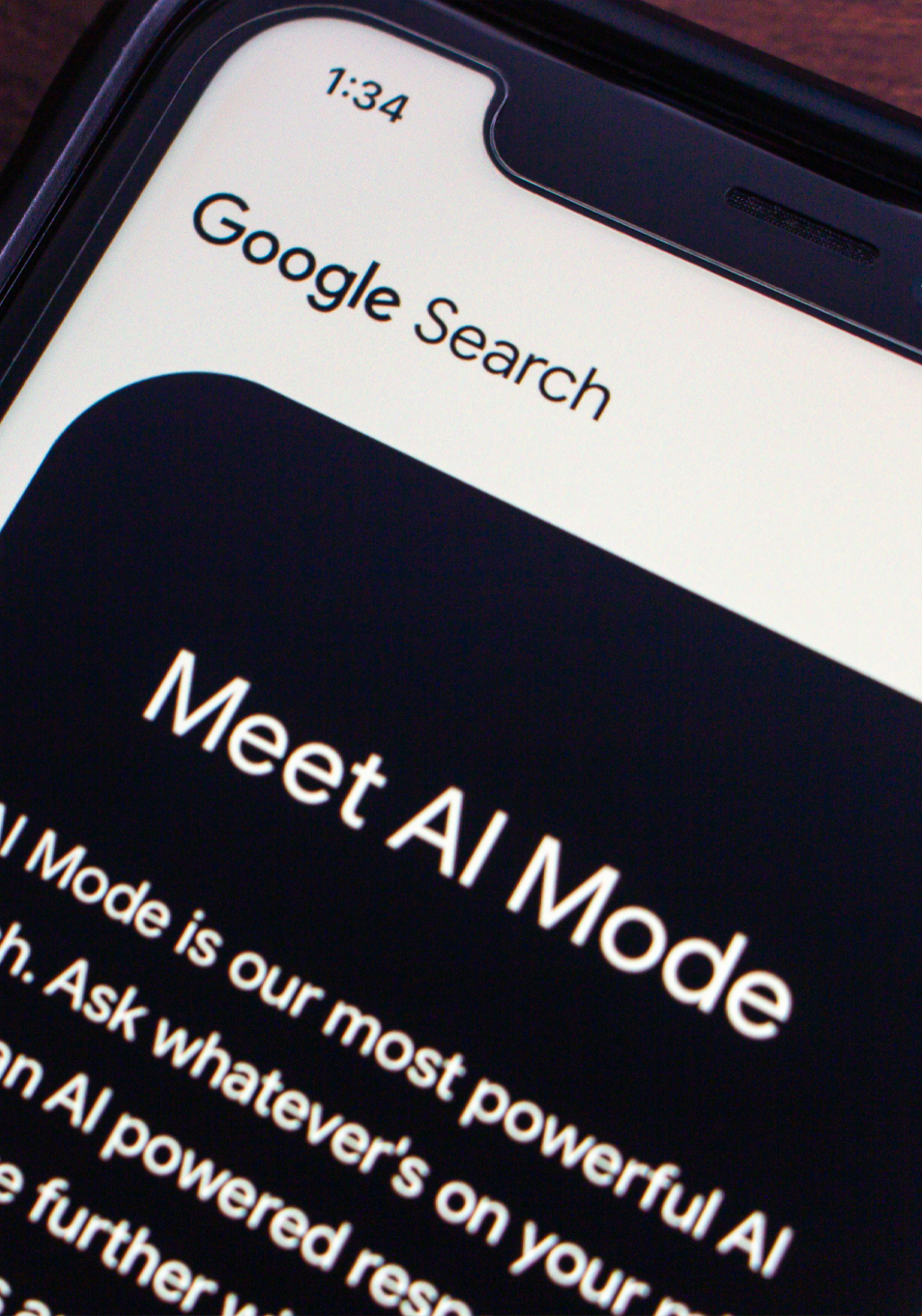In today’s hyper-connected economy, speed, precision, and adaptability define success. Business leaders can no longer rely on fragmented systems or gut instinct alone. To compete, enterprises need a single, living source of truth — one that unites finance, operations, people, and data into an intelligent whole.
That’s where enterprise resource planning (ERP) comes in. Once a back-office tool for manufacturing schedules, ERP has evolved into the digital nervous system of modern business — connecting every department, insight, and decision in real time.
From Ledgers to Intelligence
ERP’s story spans more than a century of innovation. It began in the early 1900s with paper-based inventory controls, matured into the mainframe-driven MRP systems of the 1960s, and by the 1990s became the backbone of global enterprises.
Today’s ERP has transcended its roots. Powered by cloud computing, AI, and machine learning, modern ERP doesn’t just record the past — it predicts the future. It delivers live insights, automates repetitive work, and helps organizations reimagine their business models for an era where transformation is constant.
Why ERP Matters More Than Ever
Think of an enterprise as a living organism. Finance is its heartbeat, operations its muscles, and data its lifeblood. Without a central system coordinating these functions, the organization becomes disjointed — slow, inefficient, and prone to error.
Modern ERP brings these processes together, ensuring that every part of the business moves with shared purpose and insight. It enables:
- Financial precision – close the books faster and forecast with confidence.
- Operational agility – synchronize supply chains and production in real time.
- Human clarity – empower teams with data-driven decisions instead of manual guesswork.
ERP isn’t just software — it’s the foundation for digital trust, transparency, and growth.
Cloud ERP: The New Standard
The shift to the cloud has transformed ERP from a static system into a dynamic service. Cloud-based ERP delivers the scalability, security, and accessibility modern enterprises demand — accessible from anywhere, always up to date, and powered by intelligent automation.
For growing businesses, this means faster innovation without heavy infrastructure costs. For global enterprises, it enables hybrid models that integrate on-premises stability with cloud flexibility.
Intelligent Capabilities That Redefine Value
The next generation of ERP is not about process automation alone — it’s about intelligent orchestration.
Today’s ERP suites incorporate:
- Embedded analytics for real-time insight and predictive forecasting.
- AI and generative intelligence to automate reporting, planning, and recommendations.
- Low-code platforms empowering non-technical users to customize processes.
- Seamless integration with CRM, HR, and IoT systems for a unified enterprise view.
These capabilities turn ERP from an operational necessity into a strategic differentiator — one that drives innovation across every industry, from manufacturing and retail to utilities and professional services.
Signs You’re Ready for Modern ERP
Many organizations still rely on spreadsheets, siloed systems, or legacy tools that can’t keep pace with growth. You might be ready for ERP if:
- Your teams spend more time reconciling data than making decisions.
- Critical insights are buried in disconnected systems.
- Processes vary wildly between departments or geographies.
- Opportunities are missed because of outdated or incomplete information.
Modern ERP doesn’t just solve these problems — it unlocks a new rhythm of business: agile, intelligent, and unified.
The Future of ERP: Adaptive, Personal, and Human
As generative AI and automation reshape how we work, ERP is entering its most exciting phase yet. Imagine systems that understand your business language, anticipate your needs, and personalize every dashboard, insight, and workflow to fit the way you think.
ERP is becoming less about systems of record and more about systems of intelligence — adapting in real time, learning from every transaction, and empowering every user.
The Intelligent Enterprise Awaits
ERP is no longer just the backbone of business — it’s its mind and memory. As enterprises embrace cloud technologies, intelligent automation, and data-driven strategy, ERP remains the foundation that keeps everything coherent, connected, and alive.
The question for leaders isn’t whether to modernize — it’s how fast they can align their organization’s nervous system for the intelligent era.
The Evolution of ERP: From MRP to Intelligent Enterprise
| Era | Evolution | Impact |
|---|---|---|
| 1960s–1980s | Material Requirements Planning (MRP) | Automated production scheduling |
| 1990s | Early ERP | Unified finance, HR, and logistics |
| 2000s | Cloud ERP | Anytime, anywhere access and lower costs |
| Today | Intelligent ERP (iERP) | AI, automation, and predictive insights |

